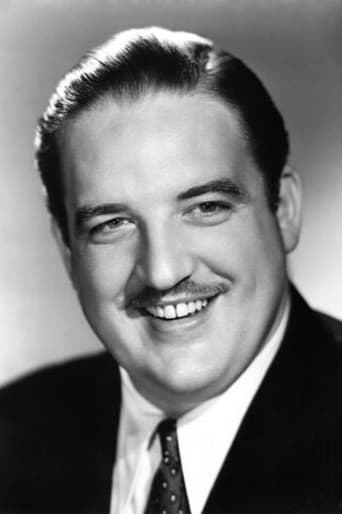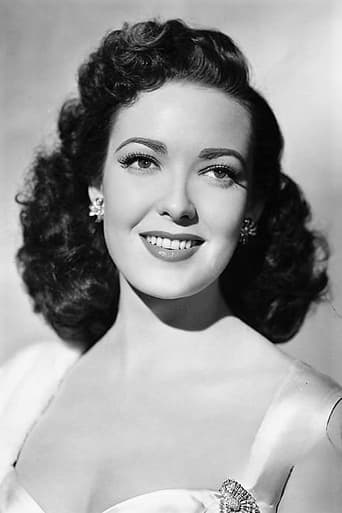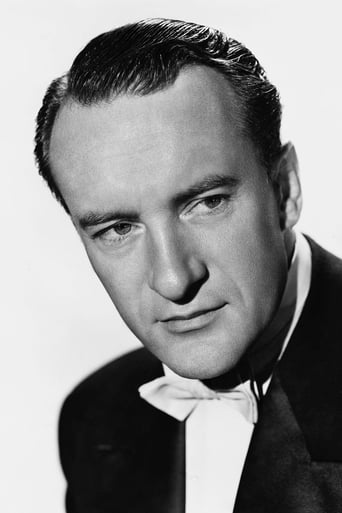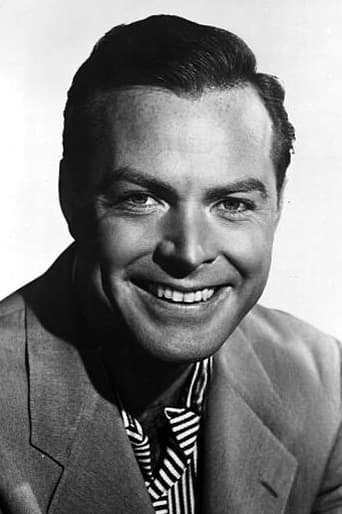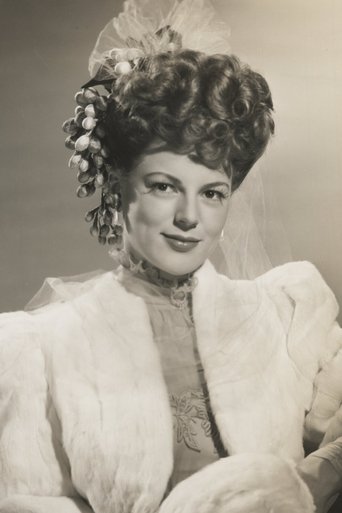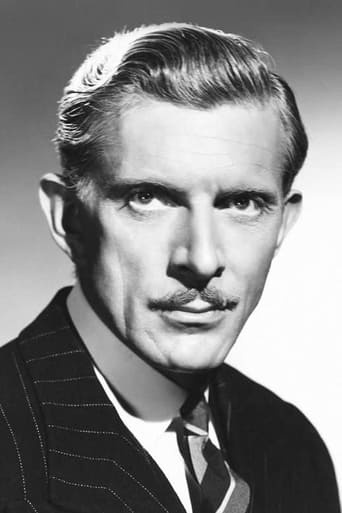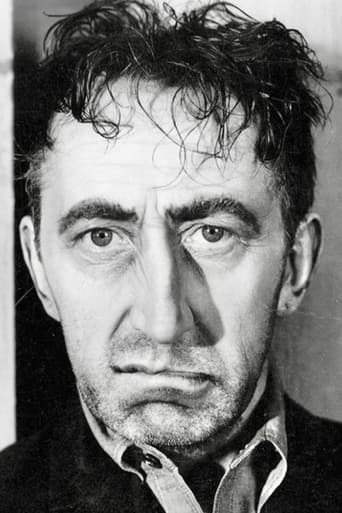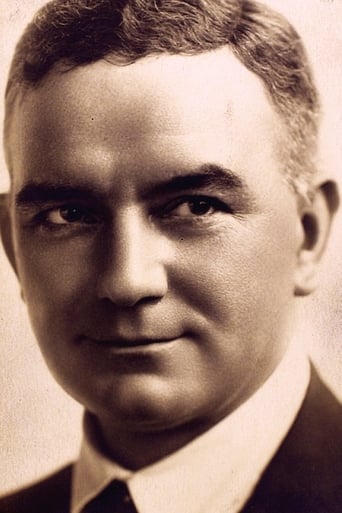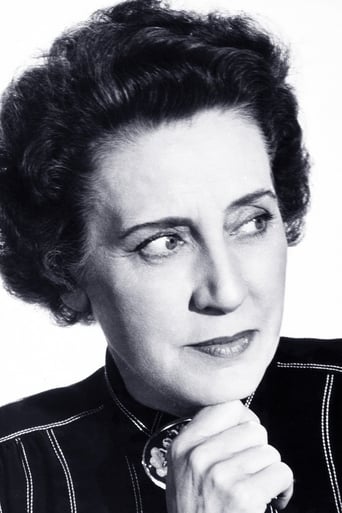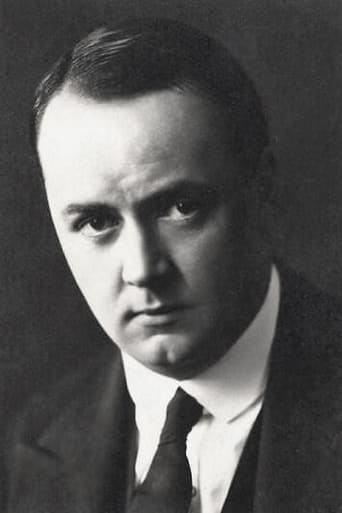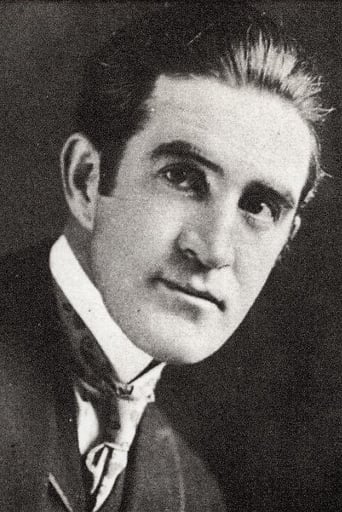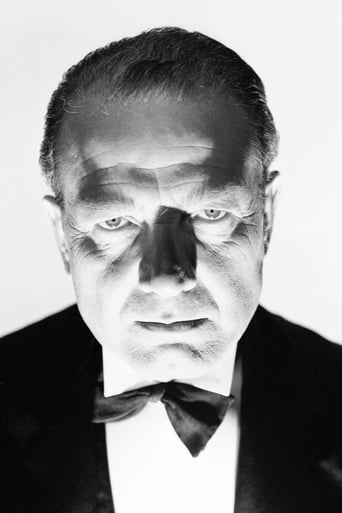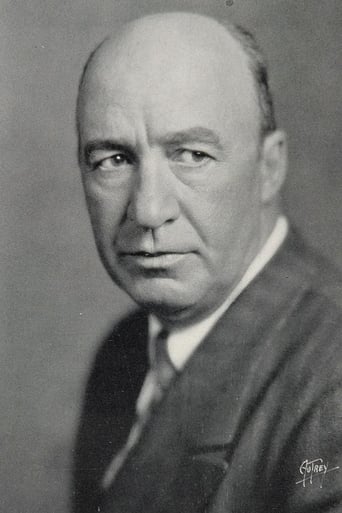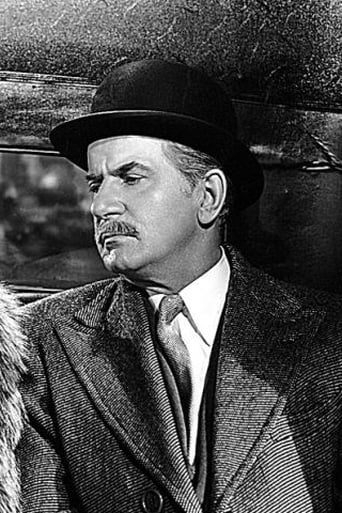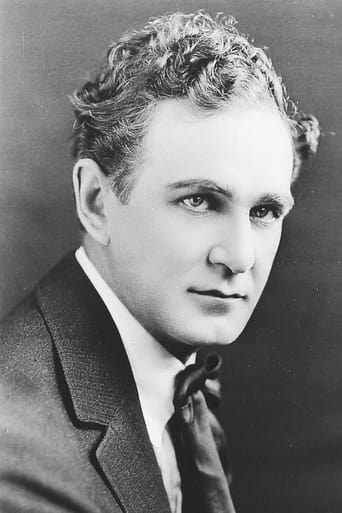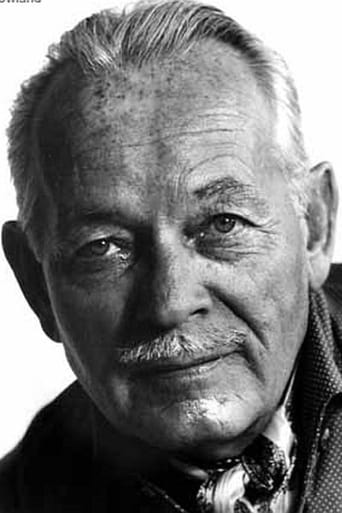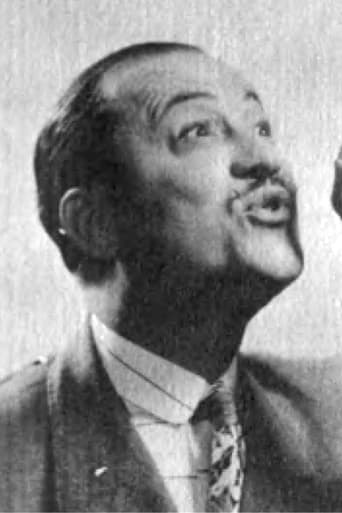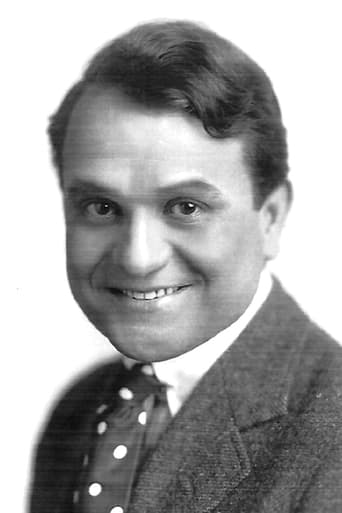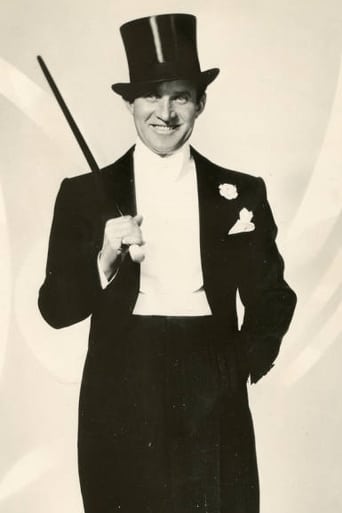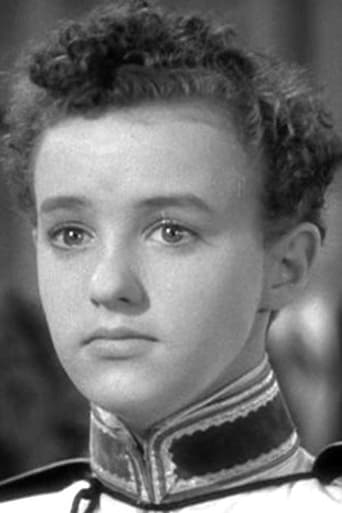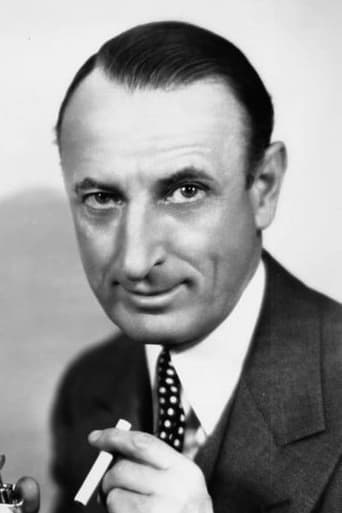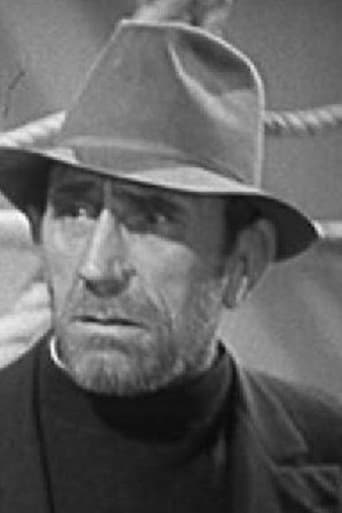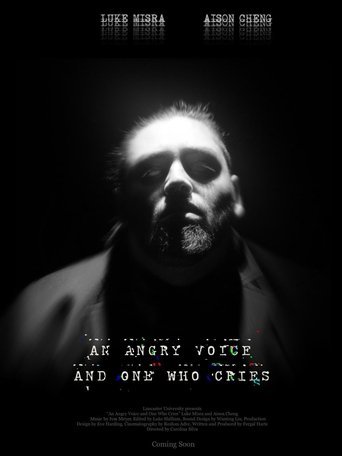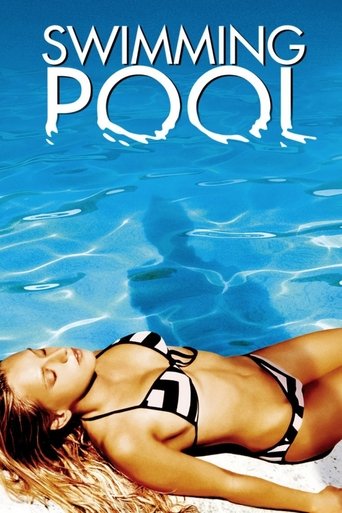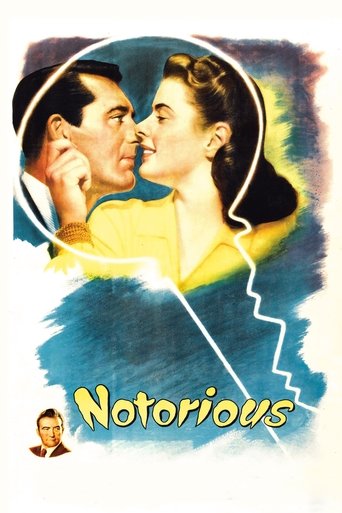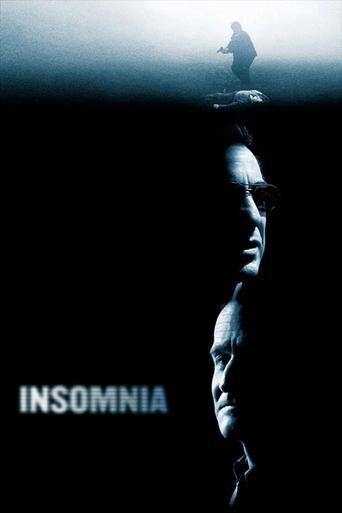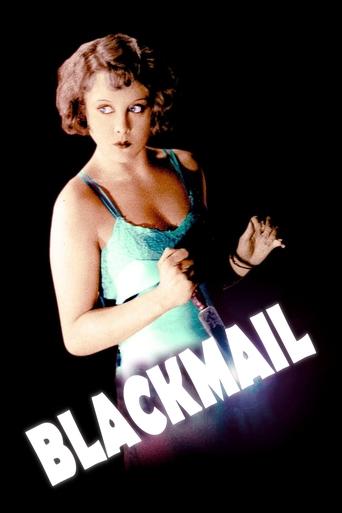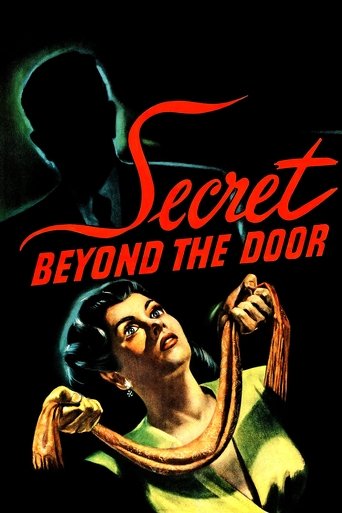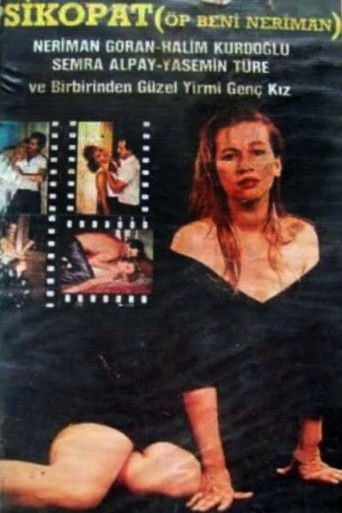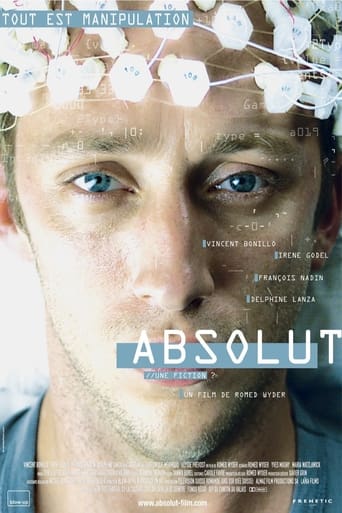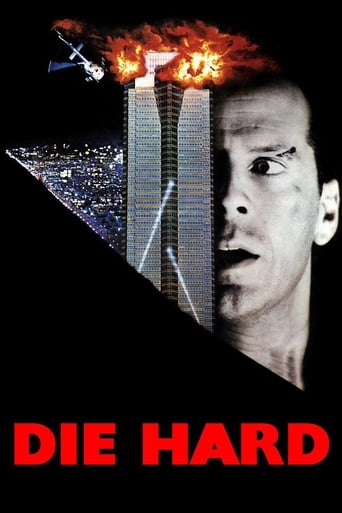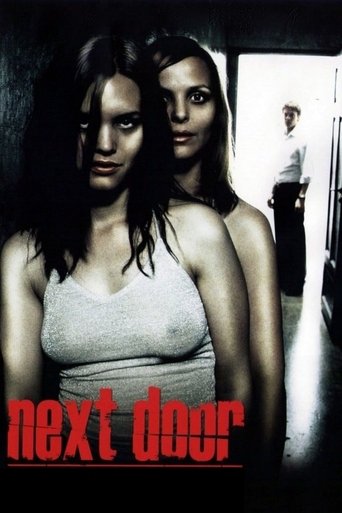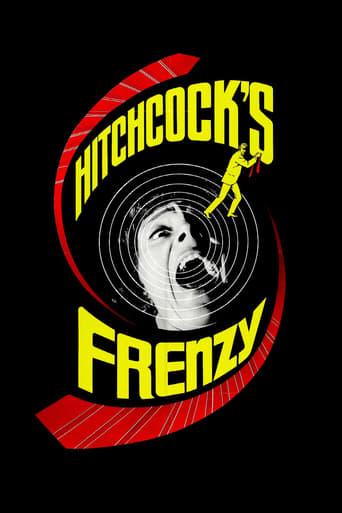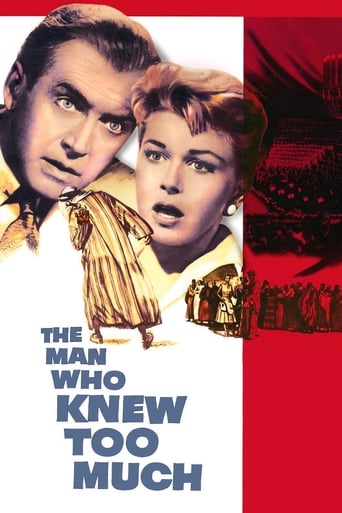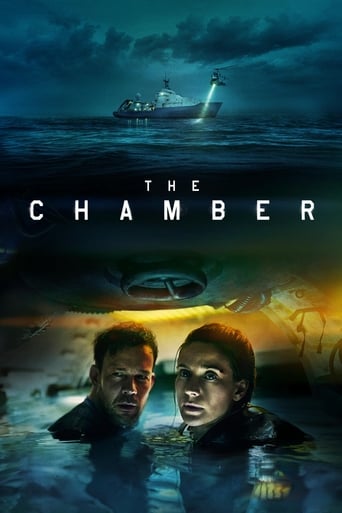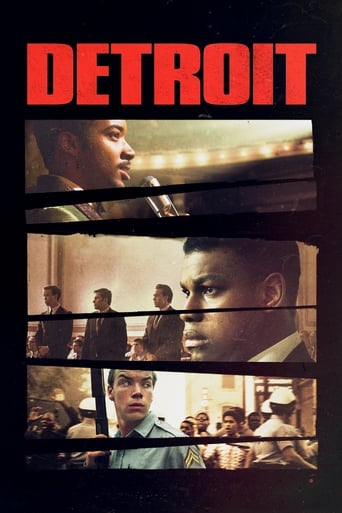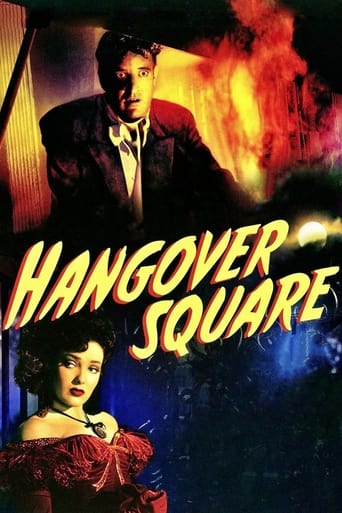
Hangover Square (1945)
When composer George Harvey Bone wakes with no memory of the previous night and a bloody knife in his pocket, he worries that he has committed a crime. On the advice of Dr. Middleton, Bone agrees to relax, going to a music performance by singer Netta Longdon. Riveted by Netta, Bone agrees to write songs for her rather than his own concerto. However, Bone soon grows jealous of Netta and worries about controlling himself during his spells.
- John Brahm
- Patrick Hamilton
- Barré Lyndon
Rating: 6.8/10 by 62 users
Alternative Title:
숙취 광장 - KR
행오버 스퀘어 - KR
Country:
United States of America
Language:
English
Runtime: 01 hour 18 minutes
Budget: $1,154,000
Revenue: $1,798,500
Plot Keyword: fire, composer, scotland yard, pop singer, seduction, film noir, murder, strangler, manipulativeness, psychiatry, psycho, repressed memory, garrote, true love, concerto, guy fawkes night, sonata, cunning woman, dissociative identities, pub, forensic medicine, impressario, guy fawkes bonfire, incinerated corpse, chamber orchestra, narcissistic woman
Passion and obsession are deadly partners. This is the story of George Harvey Bone who resided at number 12, Hangover Square. London S.W. in the early part of the Twentieth Century. The British Catalogue Of Music lists him as a Distinguished Gentleman... 1944 saw producer Robert Bassler, writer Barré Lyndon, director John Brahm and leading actors George Sanders and Laird Cregar, make the terrific and atmospheric The Lodger. Here just one year later all parties are back for this loose adaptation of Patrick Hamilton's novel of the same name. Hamilton was the guy who gave the world Angel Street (Gaslight) and Rope's End (in film form it became Hitchcock's experimental Rope). Much like The Lodger, Hangover Square is a thriller set in a foggy dimly lit London. With Cregar (Bone) again playing a shady and tormented character befuddled by his own mental state. This was to be Cregar's last film before he died as a result of a heart attack, believed to have been brought about by his crash dieting and stomach reducing surgery. Cregar would not live to see Hangover Square released, and most upsetting is that he would not see the critical acclaim that his chilling and touching performance garnered. Watching both The Lodger and Hangover Square in sequence, one can see the vast difference in stature of the actor. With both films showcasing what a talent Cregar was, with that, both films are equally a fitting tribute and also a sad eulogy. In the mix on photography duties comes Joseph LaShelle (Laura), who may not be in the class of The Lodger's Lucien Ballard (who also helped out on Laura apparently), but LaShelle's London is equally atmospheric and integral to the skin itching story. With the film based around a tortured composer it was a masterstroke getting Bernard Herrmann to score the picture. Creating the "Hangover Square Concerto" in just six weeks, Herrmann's music is suitably dark and makes for an impacting alliance with LaShelle's edgy London backdrop. John Brahm's direction is smooth and contains camera work of the highest order, especially as he and LaShelle had their work cut out with an excellent climatic indoor fire sequence (the biggest ever filmed at the time). Linda Darnell (what a pair of legs), George Sanders, Glenn Langan and Faye Marlowe all contribute to what is a top notch production. Hangover Square, a captivating tale about passion, obsession, insanity and murder. 8/10
Laird Cregar is on great form here as the increasingly maniacal composer "George Harvey Bone". He is having a bit of a mental block composing his concerto and suffering from worrying blackouts that his doctor (George Sanders) thinks might improve if he takes some time for diversion. To that end he heads to a music hall where he encounters the manipulative "Netta" (one of my favourite performances from Linda Darnell) and her smarmy friend "Carstairs" (Glenn Langan). Quickly he falls for this lady and equally quickly they realise that his musical skills can net them a small fortune. She teases and tantalises him, he writes her songs - he believes the relationship is much more than it is and she's quite happy to indulge him. The blackouts? Well, they seem to be induced by the most innocuous of sonic triggers - and there are always violent incident following them. This attracts the attention of his doctor "Middleton" and his Scotland Yard pals but can they piece two and two together before yet more tragedy ensues? "Bone" has something of the "Mr Hide" to his character and John Brahm's use of tight facial photography and light alongside some cracking Bernard Hermann scoring and a strong effort from Cregar as the increasingly desperate and frustrated musician builds really well to a grand conflagration that befits it's November 5th setting with some rousing piano!

